Role of semen and polyamines in infection and pDC sensing during HIV-1 sexual transmission
Responsable de l’encadrement : Nikaïa Smith
Tél : …0687970239… Fax : ……………………… E-mail: …nikaia.smith@inserm.fr …
Université Paris Cité, site des St Pères
Sexual transmission through cervico-vaginal and rectal mucosa remains the major route for HIV-1 transmission (70-80% of infections according to estimates by WHO), and semen is the main vector for HIV-1 sexual transmission. However, the role of semen during HIV-1 primo-infection and mucosal innate immune response remains to be fully understood. Interestingly, plasmacytoid dendritic cells (pDCs) found in mucosa represent the first line of defense during sexual HIV-1 infection, by sensing viral infection and inducing a massive production of interferons (IFNs) that inhibit viral replication. The works performed by Nikaïa Smith demonstrated that monoamines, such as histamine, inhibit HIV-activated pDCs and IFN production through binding to the chemokine receptor and HIV-1 coreceptor CXCR4. These results establish a link between endogenous amines and the innate immune system, and place CXCR4 as the switch « on/off » of pDCs viral activation. Furthermore, we recently identified that 2 polyamines, spermidine and spermine, present at high physiological concentrations in the semen (up to 30 mM), also bind to CXCR4 leading to inhibition of the IFN production by HIV-activated pDCs. As semen is the main vector of HIV-1 infection, these results open new perspectives in the understanding of HIV-1 sexual transmission.
The main hypothesis and rationale of this research project is that polyamines present in the semen inhibit innate immune responses mediated by pDCs explaining why HIV-1 strains are sexually transmitted.
- Effect of polyamines on innate immune cell activation by HIV-1 both in vitro and ex vivo.
The effect of polyamines on HIV-1-induced innate immune cells will be first investigated in vitro on primary blood purified pDCs by analysis of the cytokine secreted by HIV-activated pDCs using the Legendplex technology measuring 13 cytokines including IFN-I, IFN-III, as well as other cytokines known to be produced by pDCs. Then, the effect of polyamines on HIV-1 activation will be investigated on tissue pDCs, using ex vivo model of human fresh tonsils to mimic a lymphoid mucosal organ. A complete phenotypic characterization of immune cells found in tonsils (i.e., tonsillar mononuclear cells, TMCs) will be then performed by flow cytometry to provide a precise quantification of all types of IFNs produced by each specific innate immune cells (pDCs, NK cells, monocytes). In addition, supernatants of tonsils cultured with HIV-1 primary isolates and polyamines will be analyzed for their IFN and cytokine content by LegendPlex, or the ultra-sensitive Elisa SIMOA which detects attomolar concentration of cytokines. Finally, we will also determine the direct role of CXCR4 in polyamine-induced inhibition of innate immune response in primary pDCs using siRNA technics.
- Effect of semen on HIV-1 pDC activation.
In this part of the project, we will test whether semen of different donors inhibit IFN-I production by HIV-1-activated primary pDCs in vitro and ex-vivo in tonsil culture model. Semen from 12 healthy donors were already collected in which levels of polyamines have been quantified. Pellets and cell-culture supernatants of HIV-activated blood pDCs will be collected, and IFN, cytokine and interferon-stimulated gene contents will be tested by LEGENDplex, and quantitative RT-PCR. Supernatants of tissues cultured with HIV-1 and semen will be collected and analyzed for their cytokine and IFN content using LEGENDplex or SIMOA as previously.
Dernières Publications en lien avec le projet :
-Harms, M.*, Smith, N.* et al. (2023) Spermine and spermidine bind CXCR4 and inhibit CXCR4- but not CCR5-tropic HIV-1 infection. Sci. Adv, in revision.
-Smith, N. et al. (2019). Control of TLR7-mediated type I IFN signaling in pDCs through CXCR4 engagement—A new target for lupus treatment. Sci. Adv. 5(7): eaav9019.
-Smith, N. et al. (2017). Natural amines inhibit activation of human plasmacytoid dendritic cells through CXCR4 engagement. Nat Commun 8, 14253.
Ce projet s’inscrit-il dans la perspective d’une thèse oui X
si oui type de financement prévu : Ecole Doctorale
Ecole Doctorale de rattachement : ED 562 – BioSpc
Equipe d’Accueil : ATIP-Avenir Smith
Intitulé de l’Unité : MSC-Med
Nom du Responsable de l’Unité : Florence Gazeau
Nom du Responsable de l’Équipe : Nikaïa Smith
Adresse : 45 rue des Saints-Pères

